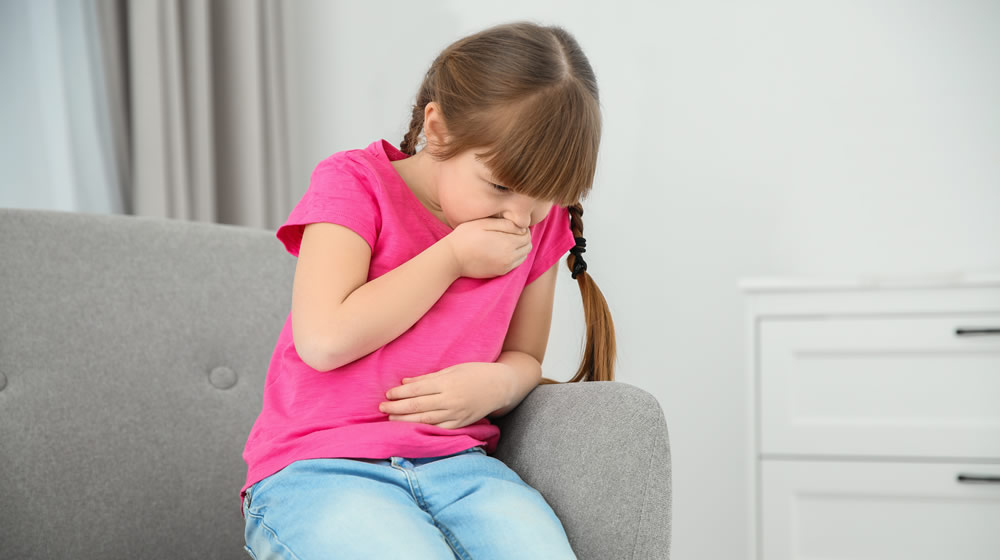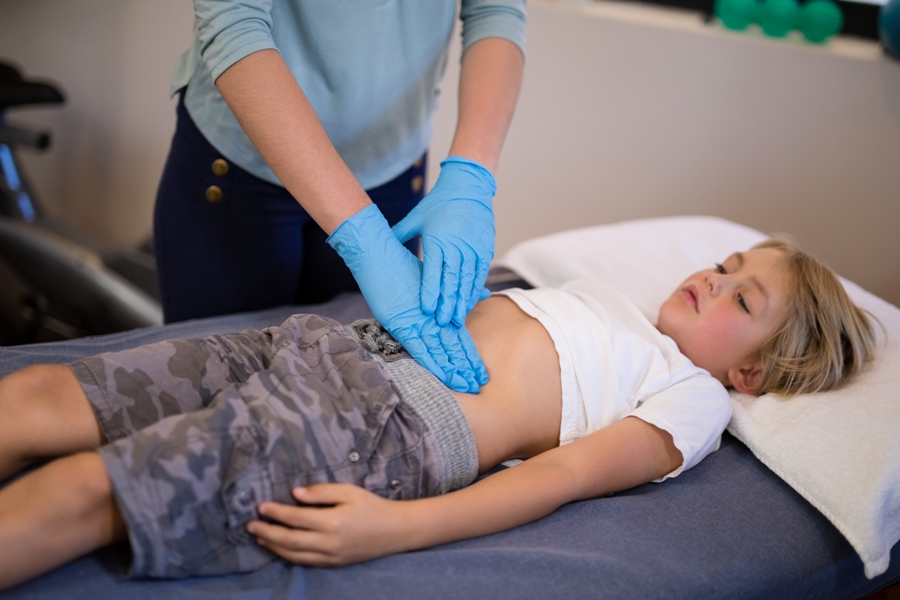
Children Getting Adult Illnesses
The new risk of severe hepatitis in children shows what you need to know about your child’s condition should he or she gets hepatitis. The latest increase in rare cases of severe hepatitis with acute liver failure makes it essential for you to be informed about symptoms. As well as treatment and hygiene measures to keep off infections.
What Is Hepatitis?

Hepatitis is inflammation of the liver which can be caused by infection, immune disorders, or medication. In general, symptoms of hepatitis vary. These include nausea, vomiting, stomach pain, dark urine, jaundice (yellow discolouration of the skin and/or eyes), fever and fatigue.
Increasing Risk Of Severe Hepatitis In Children

There is a new worldwide outbreak of acute hepatitis cases of unknown origin in children. So far, this totals nearly 200 cases in 16 countries. Out of these cases, 17 have required a liver transplant, 1 reported death, and 74 cases tested positive for adenovirus type 41.
Symptoms of this new severe hepatitis in children include jaundice, stomach pain, diarrhoea and vomiting. Interestingly fever was not a common symptom in these cases. In addition, none of the infections caused by hepatitis A, B, C, D, and E viruses was found to infect the children. And lastly, many children were previously healthy.
What Is Adenovirus Type 41?

Adenovirus is spread by respiratory droplets, close personal contact, and objects you touch. More than 50 types of adenoviruses can infect people, and most cause respiratory illnesses. But some also cause stomach pain which has been a norm in the cases leading to severe hepatitis.
Also, while there are reports of adenovirus type 41 causing hepatitis in children with low immune systems, doctors haven’t seen it in healthy children. However, research studies are ongoing to determine if a low immune system or the effect of prior infections are risk factors.
What Parents Should Know And Do

It’s normal for you to go on high alert anytime there is a risk of severe hepatitis in children. Or any other illnesses spread that can cause serious anxiety in your children. Fortunately, severe hepatitis leading to liver failure is extremely rare. So, a diagnosis of adenovirus shouldn’t make you worry it will lead to liver failure.
Treatment

Treatment for adenovirus-related hepatitis remains mostly supportive for your child. This means basically meeting your child’s needs. For example, providing intravenous fluids if they’re dehydrated. But in cases of severe hepatitis, some medications may help, depending on the cause. Though, in cases of severe hepatitis leading to acute liver failure, and where treatment doesn’t help, liver transplants are needed to save a life.
Symptoms

You should be alert to hepatitis symptoms including jaundice. If you have concerns, contact your doctor. Also, your child should stay at home if showing symptoms of a stomach infection that includes vomiting and diarrhoea. Besides, your child should not return to school or nursery until 48 hours after the symptoms stop.
Hygiene measures

Follow normal hygiene measures such as good thorough respiratory hygiene, and good thorough handwashing. This is because these measures help to reduce the spread of many common infections, including adenovirus.
Any Evidence Of Hepatitis Link To COVID-19

Scientists are currently looking at other health issues as possible causes of hepatitis, including prior COVID infection. Nonetheless, none of the hepatitis-affected children had COVID-19. Additionally, a true link between the COVID virus and acute hepatitis has not been established.
As regards hepatitis linked to COVID-19 vaccination, no evidence supports this is the case since the children had not received those vaccines at that time. This is because the majority of them are under 5 years old and too young to have received the vaccine.
Conclusion

Rightly, this may be a concerning time for you as parents of young children. However, the good news is that the likelihood of your child developing hepatitis is extremely low. Aside from this, it’s important for you to be alert to the signs of hepatitis. In particular, jaundice, which is the easiest to spot as a yellow tinge in the whites of the eyes. And don’t hesitate to contact your doctor if you are concerned.
Another point for you to keep in mind is the role of normal hygiene measures in your child’s health. For example, making sure your children wash their hands properly will reduce the spread of many infections.
Lastly, don’t hesitate to keep your children at home if they experience symptoms such as vomiting and diarrhoea.
Photo Credit: Creative Commons


